
2021 is about to end and for a good part of Guanacaste, it was a year of recovery. Tourism returned to the province and jobs returned to communities that still depend on it. For other communities like La Cruz, the dynamics of immigration and the economy were far from normal.
Added to this were other undeniable realities: wildlife areas are suffering due to budget cuts and the province continues to be a minefield for women.
The Voice of Guanacaste put together a list of 25 stories and news reports of what the province experienced in 2021. Join us in reviewing this list:
- The Guanacaste song that Manzanero fell in love with: Almost a century ago, the song “He Guardado” (I’ve Saved) originated in Liberia. Many singers have made renditions of it, including the “King of Romanticism,” Armando Manzanero. We started the year by delving into the history of this song.
- Owner demolishes rancho-style building in the maritime land zone of Garza Beach: Since 2019, we have reported on irregularities that allowed a foreigner to build a rancho in the public area of Garza, Nosara. At the beginning of 2021, after two years of monitoring the situation, the foreigner demolished the structure.
- 365 days of hunger at the border closed by the COVID-19 pandemic: The extended decision to prevent tourists from crossing over land between Nicaragua and Costa Rica impacted the pockets and lives of the people in the border area of La Cruz. In this collaborative and binational report, we portrayed the human toll and economic consequences of this health and political measure.
- Climate Change Special: We wrote three profiles of people and ecosystems struggling to face climate change: the community of Rosario de Nicoya, Ostional and its refuge and a boy from Liberia who studies mushrooms. Also read seven myths and realities about this phenomenon that we’ve been facing for decades.

Cattle from the communities surrounding Mata Redonda Lagoon graze around it and depend on it to live. This is how it looks in March 2021. It’s one of the few times in recent dry seasons that it still holds a good amount of water. Photo: César Arroyo CastroPhoto: César Arroyo Castro
- Nicoya’s hospital became the first national breast milk collection center: There isn’t enough breast milk for hospitalized newborns in the country so medical personnel end up feeding them with formula. But this year, the La Anexión Hospital joined the effort as the first milk collection center. Along with the Women’s Hospital and the hospital in San Ramon, they endeavor to provide the precious liquid to babies throughout the country.
- The most advanced space radar on the planet set up operations in Guanacaste: Filadelfia, in Carrillo, is the headquarters of the most advanced radar on the planet and will contribute to monitoring Low Earth Orbit (LEO) to track objects, including those that pose risks to astronauts and satellites . This is a project of the international company LeoLabs together with AdAstra, from scientist Franklin Chang.
- The Contentious Administrative Court suspended Nosara’s temporary building code: The Contentious Administrative Court suspended the temporary code from being applied to regulate construction in Nosara. The Municipality of Nicoya and other figures in the canton promoted it to minimize impact on the Ostional refuge while creating a new regulatory plan. However, the temporary code remains in dispute due to a lawsuit by local businessman Jeff Glosshandler.
- The giant snail that threatens crops and health in Curubandé of Liberia: In April, the State Phytosanitary Service (SFE for the Spanish acronym) announced the presence of a giant snail in Curubandé of Liberia, even though t it had been detected since 2019. The snail was brought in by a resident of the area and is one of the 100 most harmful invasive species in the world.
- Head Up High: Stories of Pride and Diversity: Even in 2021, LGBTIQ+ people in Guanacaste still want to move away from the most rural towns as an option for freedom. But in Guanacaste, the mother and father of a lesbian founded a group for sexually diverse people and their relatives to dream and build a province that doesn’t reject them. We published this story in conjunction with International Pride Day.

“It’s extremely important to me that [sexually] diverse people know that there’s nothing wrong with them. My daughter believed that she had failed her siblings,” says Vitinia Varela. Her husband, Adolfo Murillo, remarks, “these young people are brave and they are the lighthouse light my way all day to get out of the darkness that I was in. They are young people who are going to teach others who are hiding in their homes, for fear of what their parents will say. If they’re afraid, I don’t blame them, because I wasn’t ready to get the news of having a sexually diverse daughter either, but that is nothing compared to what awaits them in this discriminatory society ”. Photo: César Arroyo Castr
- Volcanoes and illegal expeditions: At the end of June, Rincón de la Vieja Volcano had a major eruption, the biggest one in the last 25 years. There was no human loss to mourn, although that could easily have happened. Just the day before, a group went up the volcano by means of an illegal accessway. For about 10 years now, authorities have detected an increase in people on illegal expeditions.
- MECO and Route 160: The pavement that was finally laid on the road to Nosara in September 2020 is involved in the Cochinilla case, one of the most recent corruption cases. Why? MECO allegedly bribed CONAVI to disqualify Pedregal and secure the asphalt bid for the road.
- The Annexation of the Nicoya Party and a political-territorial claim: In conjunction with the Annexation celebration, the province’s 11 municipalities declared the Nicoya Peninsula to be unredeemed territory with the goal that the islands and the peninsula might once again belong to Guanacaste. However, that claim isn’t so simple since that isn’t necessarily what inhabitants of the peninsula want.
- Carlos Alvarado’s last speech in Guanacaste: Carlos Alvarado’s time in office is about to end, which was noticeable during his last tour for the Annexation of the Nicoya Party. He didn’t make promises, but rather gave a report of what progress was made during his three years in power. In this chronicle, we told you about what happened that day.
- Tall tales (Spanish only): We dusted off one of the most characteristic— but dying— traditions of the province. With the book Las tallas de Tío Julián (The Tall Tales of Uncle Julian) and the voices of performance artists from the province, we launched the podcast series Historias de Camino (Stories Along the Way).

Illustration: Roberto Cruz
- A new legislator for Guanacaste: Legislator Rodolfo Peña died from the effects of the sickness caused by COVID-19. Former mayor of Carrillo, lawyer and farmer Jose Maria Guevara took his place. The Voice of Guanacaste interviewed him to learn about the projects that he will take on until April of 2022.
- A refuge under quarantine: During 2020, 5,029 babies were born in Guanacaste, 501 fewer births than in 2019. What was it like for thousands of women to give birth and raise their babies in the midst of a pandemic? We found out on Mother’s Day through the lives of five moms in Guanacaste.
- Budget cuts stifle protected areas: The COVID-19 crisis exacerbated financial problems in conservation areas. From budget cuts to possible technical closures of SINAC, the undeniable reality is that the protection of ecosystems is in imminent danger.

Photo: Mari Arango
- Guanacaste during independence: Central American countries celebrated the bicentennial of independence this year, but… what happened in Guanacaste during that time when the Party of Nicoya had not yet annexed itself? We asked ourselves that in the newsroom and decided to look for answers.
- Pre-Columbian Chorotega pieces were auctioned in Germany: A commercial auction house in Munich, Germany, auctioned 52 pieces of Costa Rican pre-Columbian art, most of which originated from our province and are considered national heritage. The Chancellery couldn’t recover them.
- Mastodons that inhabited Nicoya: A mastodon lived in the vicinity of the Nacaome River, in Quebrada Grande of Nicoya. It has been recorded in history since 1978, when a resident of the area found its fossils. But in the 1990s, paleontology specialists began to realize that it wasn’t the only one. Since then, they’ve found at least three different species that are now extinct.
- Five women reported sexual assaults at parties in Nosara: At least five women were victims of sexual assaults on beaches and in bars in Nosara, Nicoya. The facts coincide with the apparent use of a drug that the perpetrators dissolve in drinks.
- Enslaved far from home: The story of Chorotegas who didn’t return: In recognition of Indigenous Resistance Day, we returned to Nicoya 500 years ago to find out what happened during colonial times, when the Spanish enslaved the Chorotega Indians and sent them to distant lands.

Illustration: Dunkan Harley
- Femicides don’t end: In a little over a month, the province tallied the average number of femicides in recent years. The first was Francis Leon Miranda, in September, followed by Carolina Briceño, in October. Both were stabbed to death by their ex-partners.
- 25N Special: The Voice of Guanacaste created a new edition to raise our voices on the International Day for the Elimination of Violence against Women. This time, we focused our efforts on giving visibility to and combating sexual violence, which occurs in the streets, at home and on the internet.
- ICODER demands $617,000 back from the Municipality of Nicoya: ICODER donated 400 million colones (about $617,000) to the Nicoyans to improve their sports center facility, which hasn’t received significant maintenance since it opened in the early 2000s. However, due to irregularities in management of the funds by the local government, the canton will end up not getting needed improvements to the sports complex.
______________________________________________
On behalf of The Voice of Guanacaste’s entire team, thank you for joining us in 2021 to understand the facts and stories of the province. Stay with us during 2022 to delve into the news that will help us build Guanacaste together. You can contact us on our social networks (Facebook, Instagram and Twitter), our WhatsApp or by emailing our editorial team:
- Noelia Esquivel Solano, editorial coordinator: [email protected]
- Rubén Román, audience coordinator: [email protected]
- Yamlek Mojica, journalist: [email protected]
- César Arroyo Castro, photo journalist: [email protected]
- Roberto Cruz, graphic designer: [email protected]


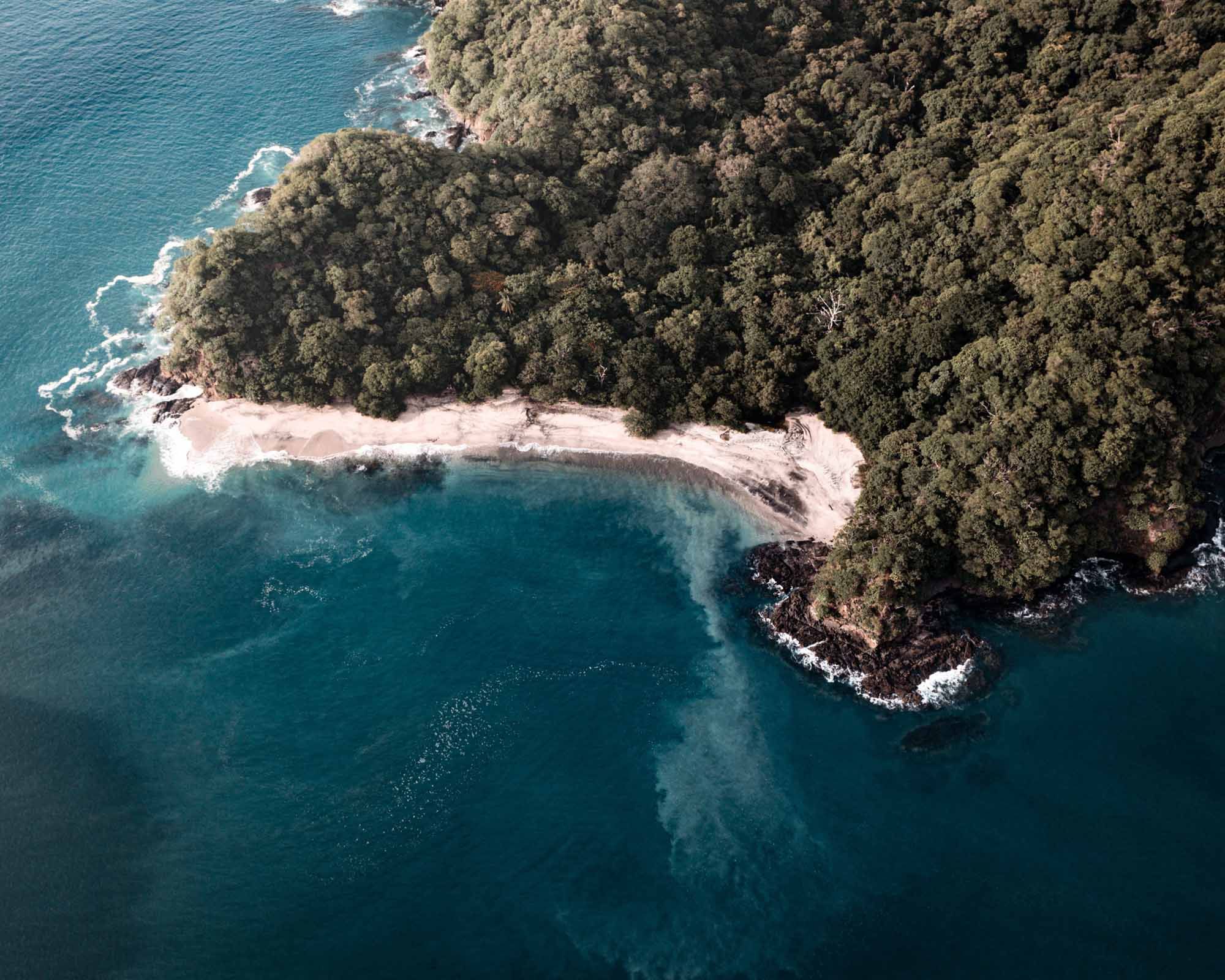
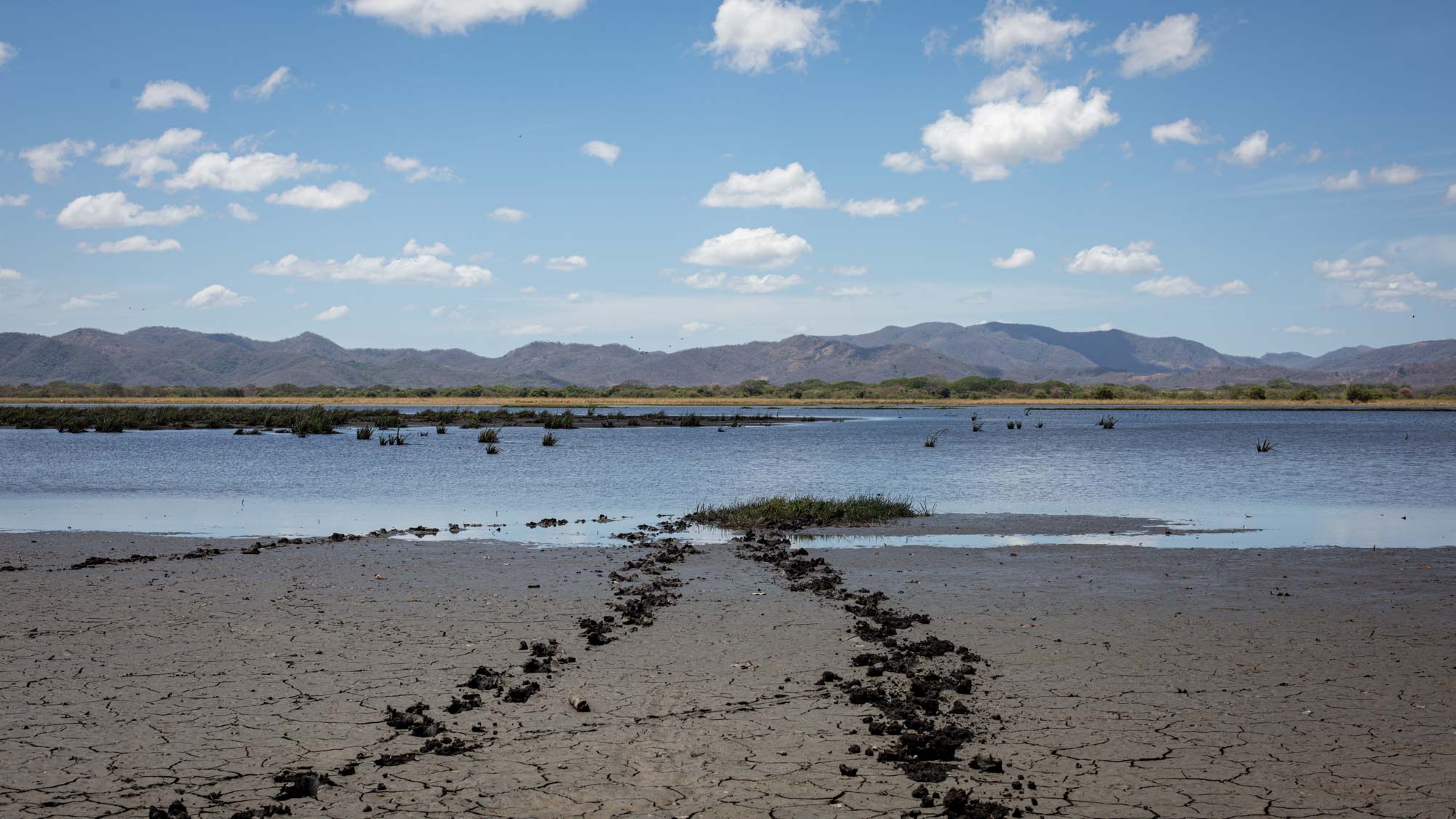

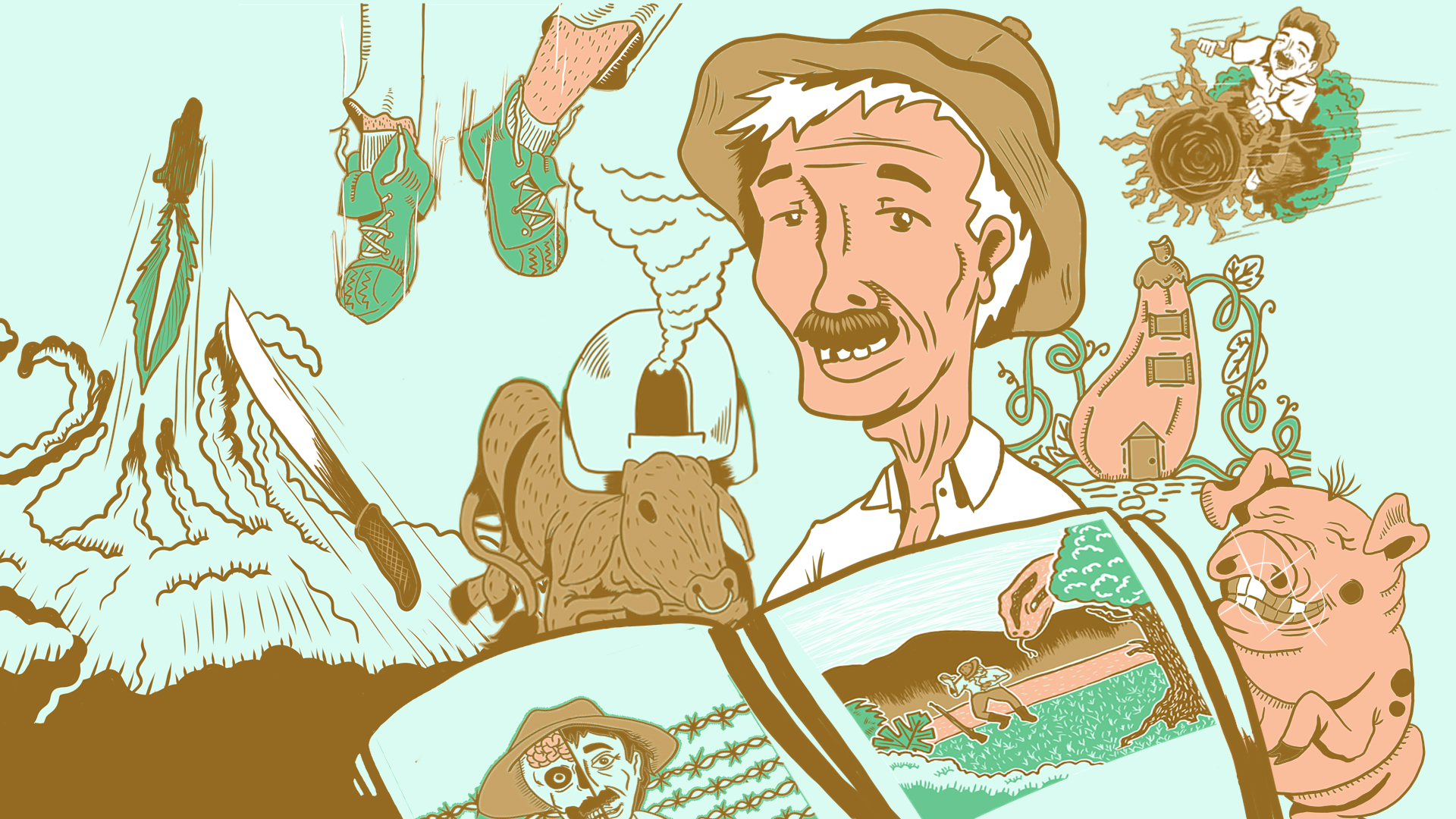
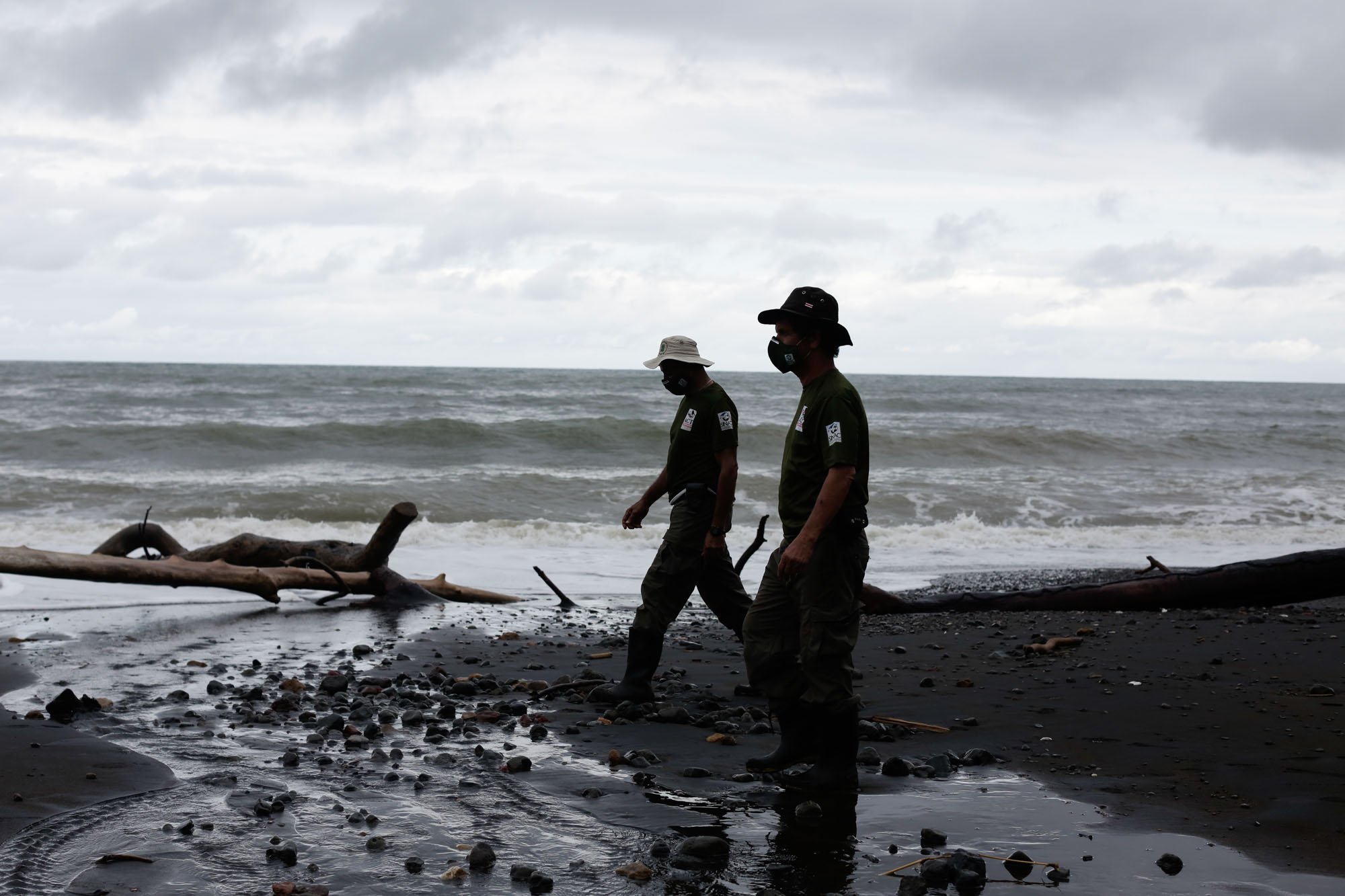


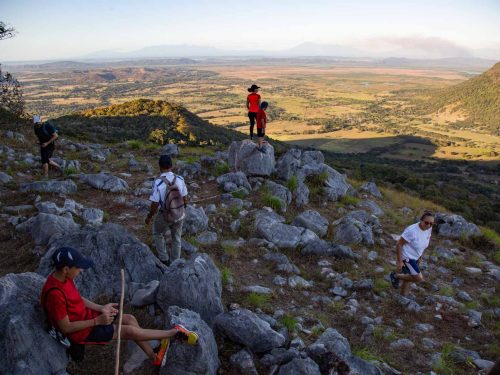
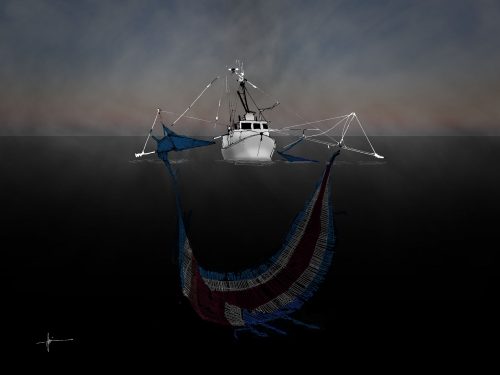

Comments